In document No. 8084/BTC-CST sent to the Ministry of Transport , the Ministry of Finance proposed to remove the proposal to support taxes on production, assembly, consumption, and construction of charging stations for electric cars.

According to the Ministry of Finance , in the recent period, the law on taxes, fees and charges has been reviewed, amended and supplemented to suit the development of the country in each period as well as the requirements for the development of important industries and fields. Among them, there have been many preferential policies on taxes, fees and charges for the automobile industry, automobile support technology, including policies to encourage the use of environmentally friendly cars and electric cars at a fairly high level.
Regarding the development of electric cars, the Ministry of Industry and Trade is the unit assigned to preside over and coordinate with relevant ministries and agencies to research and propose preferential policies and investment support in the field of electric car production and assembly. Currently, the Ministry of Industry and Trade is also preparing a report to submit to the Government on the roadmap and orientation for electric car development in Vietnam. Accordingly, the Ministry of Finance requested the Ministry of Transport to refer to the content of the report of the Ministry of Industry and Trade to propose a unified proposal, suitable to Vietnam's conditions and ensuring feasibility.
According to the Ministry of Finance, in the context of Vietnam's participation in many free trade agreements, in addition to favorable opportunities, the domestic automobile industry is also facing many different challenges such as low domestic production rate, small market size, high production and assembly costs, traffic infrastructure with many bottlenecks..., the development and implementation of policies to promote the development of the automobile industry in general, electric cars in particular in the coming time need to be carefully and thoroughly studied, ensuring adherence to policy orientation, in accordance with international practices and Vietnamese practices.
Therefore, the Ministry of Finance emphasizes that policy proposals as well as implementation by relevant ministries, branches and agencies need to have explanatory documents, practical feasibility and bases for proposals, avoiding emotional, ineffective proposals that waste state budget resources.
The Ministry of Finance found that some of the proposed contents assigned to the Ministry of Finance have not been specifically and clearly explained, and have not provided the necessary information and resource requirements for implementing solutions such as the proposal to prioritize the purchase of electric cars using state budget funds or the proposal to provide financial support for electric car buyers...
Regarding the recommendations of the Ministry of Transport to propose preferential import tax policies for electric cars, the Ministry of Finance said that it had reported to the Prime Minister, and the Government proposed not to adjust the preferential import tax rate for completely built-up electric cars. According to the Ministry of Finance, raising the issue of tax exemption or reduction for completely built-up electric cars as proposed by some enterprises will significantly affect domestic electric car manufacturing and assembling enterprises, put pressure on traffic infrastructure and reduce state budget revenue.
"The Government leaders have also agreed with this proposal, so there should be no mention of this policy in the draft report," the Ministry of Finance emphasized.
Regarding tax exemption and reduction incentives for the production and assembly of electric cars and electric car batteries, the Ministry of Finance said that current tax laws have provided high incentives for domestic production and assembly of electric cars and electric car batteries, not only incentives for the import of components and spare parts for the production of electric cars but also tax incentives with a limited period of time, with a focus on key points for imported raw materials and supplies for the production and assembly of electric cars and electric car batteries.
These tax incentives are still in the process of implementation, such as the program of tax incentives for imported auto components for automobile production and assembly, which has been implemented since 2017 and will last until the end of 2027, the program of tax incentives for automobile supporting industries, which will be implemented from 2020 to 2024; for projects producing fuel cells and lithium batteries, which are subject to special investment incentives under the investment law, they will be exempted from tax on raw materials and supplies for 5 years from the start of production.
The Ministry of Finance believes that it is necessary to have time to summarize and evaluate the results of implementing these tax incentive policies through the implementation process compared to the set goals, before considering adding new policies to ensure that they are suitable for the development situation of the country as well as the automobile industry in the coming period.
Therefore, the Ministry of Finance recommends that the Ministry of Transport remove the proposals on adding preferential policies on exemption and reduction of import tax for the production and assembly of electric cars, electric car batteries, and import of electric cars in the draft report, and only propose to continue to well implement the preferential policies on taxes, fees, and charges for electric cars that have been issued, and at the same time summarize and evaluate these policies to study and report to competent authorities on synchronous solutions, in accordance with the development orientation of the Party and State, the Development Strategy of the Vietnamese automobile industry, and international practices.
Regarding import tax incentives for equipment and components to build charging stations, especially fast charging stations, the current import tax regulations stipulate an exemption from import tax on goods creating fixed assets for subjects eligible for investment incentives under the investment law. In case the charging station installation project is located in an area with investment incentives or in the list of industries with investment incentives under the investment law, it will be exempted from import tax on machinery and equipment to create fixed assets of the charging station installation project and will receive incentives on land rent and land tax according to regulations. Accordingly, the Ministry of Finance requests the Ministry of Transport to recommend the Ministry of Planning and Investment to study and consider adding projects to build charging stations and charging stations that are eligible for investment incentives under the investment law.
According to the Ministry of Finance, currently, support policies from the state budget in our country prioritize the poor, people in remote areas and some people in especially difficult circumstances. In the context of the state budget still facing many difficulties, the state must also balance resources to implement many programs and projects on social security, poverty reduction and infrastructure development, raising the issue of subsidies and direct financial support for manufacturers and consumers of electric cars is not appropriate because car users, especially electric cars, are people with high incomes in society.
Previously, the Ministry of Transport reported to Deputy Prime Minister Tran Hong Ha proposing a policy to support the transition to electric cars. Notably, the Ministry of Transport said that many businesses proposed to continue to apply preferential special consumption tax rates for electric cars with 9 seats or less at 3% after February 28, 2027 for domestically manufactured and assembled electric cars. VAT exemption for the first 5 years, 50% reduction for the next 5 years.
Regarding registration fees, registration fees will be exempted for electric cars for the first 5 years from March 1, 2022. In the next 2 years (from March 1, 2027), the first registration fee will be 50% of the fee for gasoline and diesel cars with the same number of seats. License plate fees will be exempted for the first 3 years, and the license plate fee for electric cars will be reduced by 50% for the next 2 years.
At the same time, subsidize people with a support amount when buying electric cars to shift consumer behavior from gasoline and diesel cars to electric cars, about 1,000 USD/car.
Exemption from import tax on components and equipment for installing charging stations and exemption from land tax for the first 5 years, 50% reduction for the next 5 years. Exemption from corporate income tax for the first 5 years and 50% reduction for the next 5 years. Preferential electricity price equal to electricity price for production.
Source








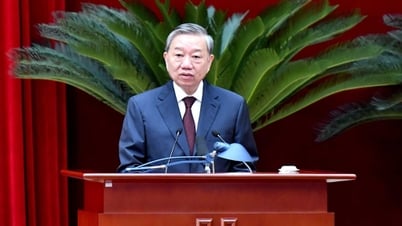


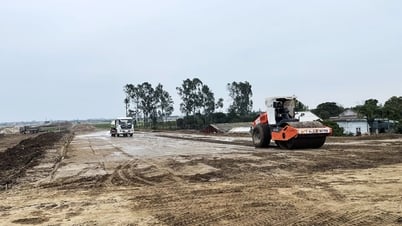




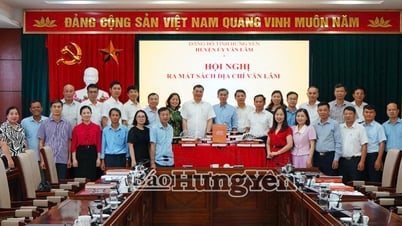














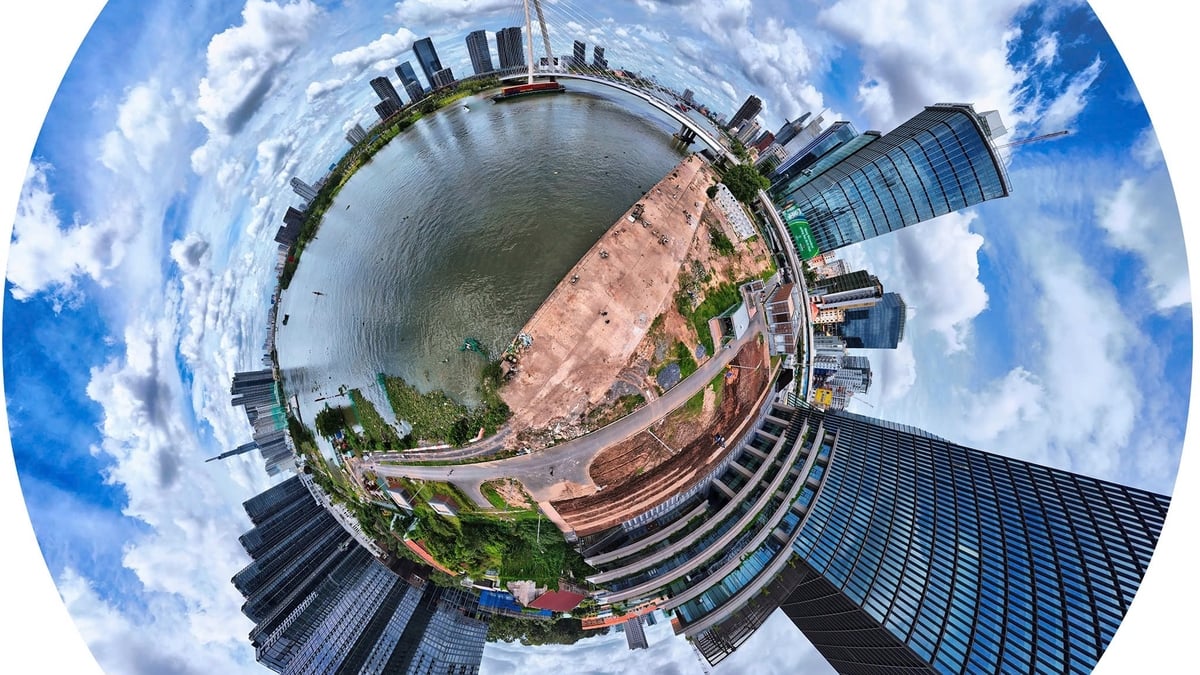





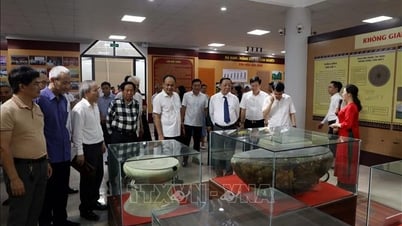



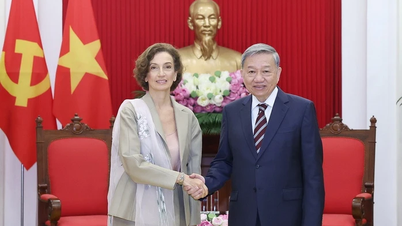























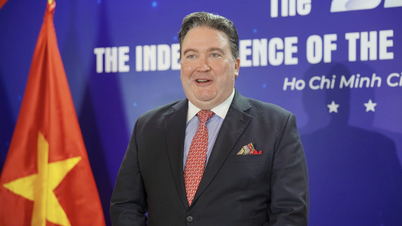





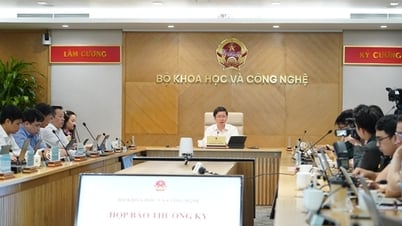

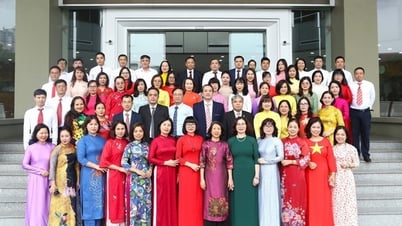

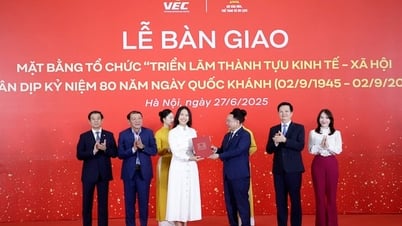


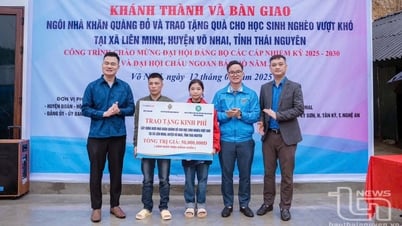

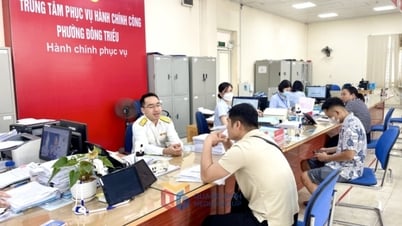

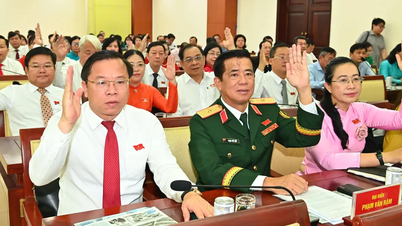

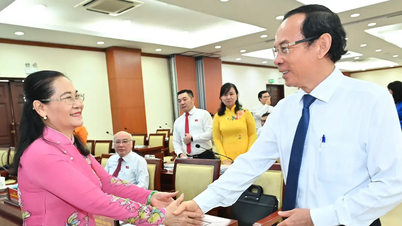
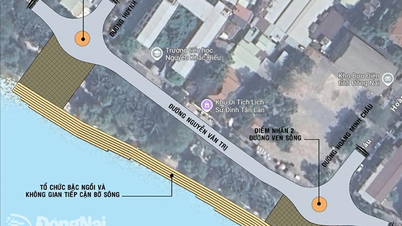

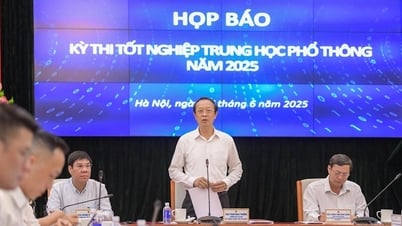

















Comment (0)